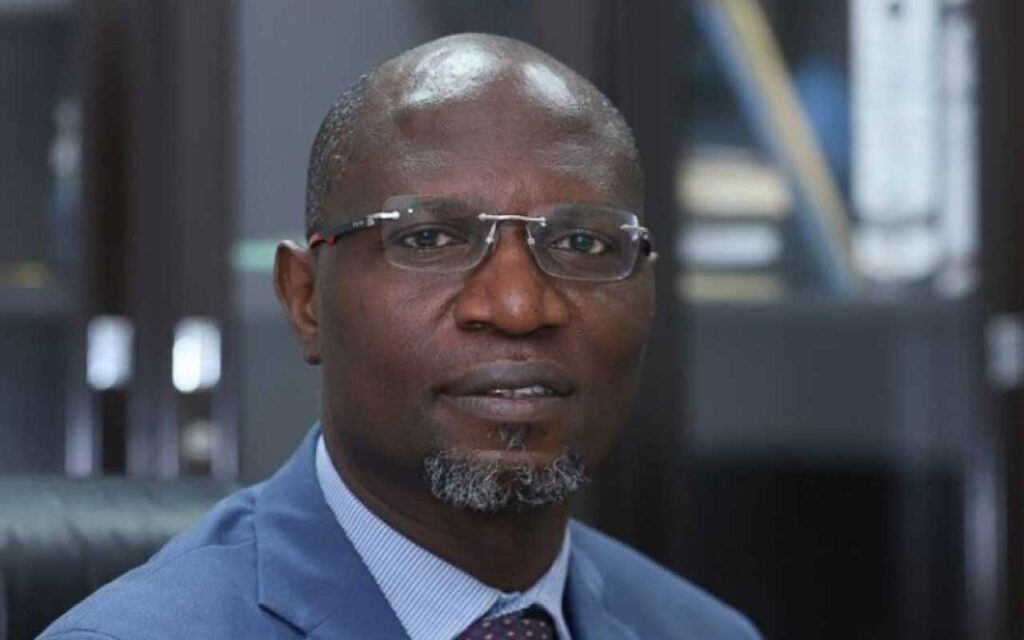
There are concerns about the prospect of the power sector this year as anticipation of a potential government policy shift builds with industry stakeholders closely watching developments and how they will affect the sector’s performance.
The sector, they argue, struggles with obvious challenges, and demands a clear understanding of the evolving demand and supply dynamics. Amidst the concerns, Minister of Power, Adebayo Adelabu, has unveiled a comprehensive strategy to elevate the performance of the sector in the year.
The minister’s plan begins with a three-month programme starting with diagnosis, stakeholder consultation and strategy formulation. With a claim of a well-documented implementation plan, he said the ministry was poised to execute decisive actions with a specific emphasis on increasing distribution and transmission.
Confronting the persistent liquidity challenge in the electricity market, the minister said an ongoing review of the implementation of a cost-reflective tariff and the government’s commitment to subsidising vulnerable segments of society remains a key focus.
The minister highlighted the momentum gained by initiatives such as the World Bank programme and the government metering initiative. He added that the ministry was set to intervene in distribution infrastructure and facilitate the provision of transformers to communities without imposing undue financial burden on citizens.
Adelabu underscored the goal of achieving installed capacity in government-owned plants and encouraging private-sector investment, noting that the emphasis on off-grid/distributed generation and leveraging renewable sources of power reflect a strategic commitment to diversify the energy mix.
“To improve transmission infrastructure, we have reactivated the Presidential Power Initiative (Siemens Project) to strengthen the national grid. The Eastern and Western super grid projects will also be implemented to increase electricity supply to demand centers.
“The Transmission Company of Nigeria will be reconstituted in the short term, separating transmission services from system/market operations. In the medium to long-term, regional grids will be established for effective management,” he said.
National Coordinator, the All Electricity Consumers Protection Forum, Adeola Samuel-Ilori, proposed an innovative approach where the government would prioritise the reduction of equipment costs, particularly for solar panels and related materials. He said the innovation would alleviate constraints faced by existing power generation systems, offering a viable alternative to conventional sources.
“The only policy statement I have heard from the minister of power since he came on board was the intention to trade off the 40 per cent equity of the government in the sector to new investors. Not until I see clear-cut policies, which are tailored towards enhancing the power sector performance and increasing generating megawatt, I have no trust in this current government to do anything. All you have seen is what Buhari did with Germany as at then, majorly the tripartite agreement with Siemens,” he said.
He called on the government for the introduction of waivers and reductions in duties on materials used in renewable energy production, believing that the incentives would make renewable energy more accessible, particularly in areas where conventional power supply falls short.













